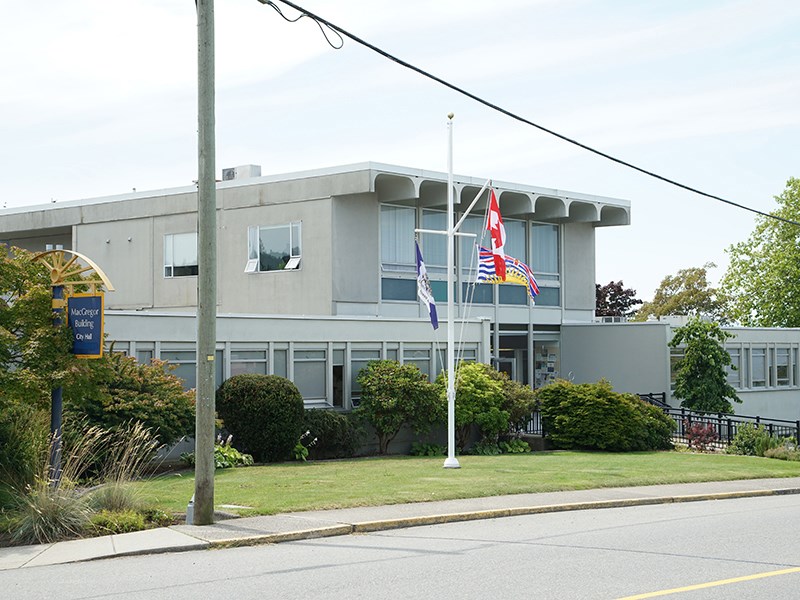Unlike some other Canadian municipalities, Powell River’s water supply is well within accepted levels of lead content.
In response via media release on Thursday, November 7, to recent nationwide reports about elevated levels of lead found in municipal water systems, City of Powell River provided statements from director of infrastructure Tor Birtig to ease any concerns about the quality of water being delivered to local homes and businesses.
In the release, Birtig stated that traces of lead can be found in the municipal water supply, but it’s within safe levels “from the source through the Haslam Lake reservoir and the distribution system. I wouldn’t say we have no lead, but in our testing, we’ve never registered elevated levels of lead within our distribution system.
“As opposed to many eastern Canadian cities, lead service lines were not utilized in Powell River, so I don’t feel that we have an issue here. If people are concerned, they should take precautions. Run the water for a couple of minutes before you drink or cook with it or look at using a filter.”
Birtig added that property owners can also have their water tested by a professional.
Responsibility for household and commercial water is the owner’s, from the service shutoff valve at their property line to their home or business, according to the city.
The city’s water service lines are predominantly copper or plastic. The use of lead solder on water lines was permitted until 1986.
“From 1986, we stopped the use of lead in solder,” stated Birtig. “However, like most coastal communities, we have a water supply that is corrosive in nature, so in houses that were built prior to 86 there could be elevated lead levels if water sits in the pipes overnight. Studies have shown that flushing the water until it turns cold is effective in dramatically reducing lead levels.”
The provincial government’s ministry of health tests Powell River’s water annually and, although it’s not a high priority, according to Birtig, the ministry has encouraged the city to look at treating the water supply by filtering it through a limestone bath to reduce the corrosiveness.
“We’re going to continue to investigate systems that deal with corrosive water without impacting our high quality of our water,” stated Birtig. “In 2012, we completed the federal and provincially funded $8.5 million in upgrades to the drinking water system with the new ultraviolet treatment facility and reservoir.”
At the opening of the facility, the drinking water officer for Vancouver Coastal Health said the city could say it supplies drinking water that is treated to the highest international standard, with clear and good-tasting water without any colour issue, according to the city’s media release.



